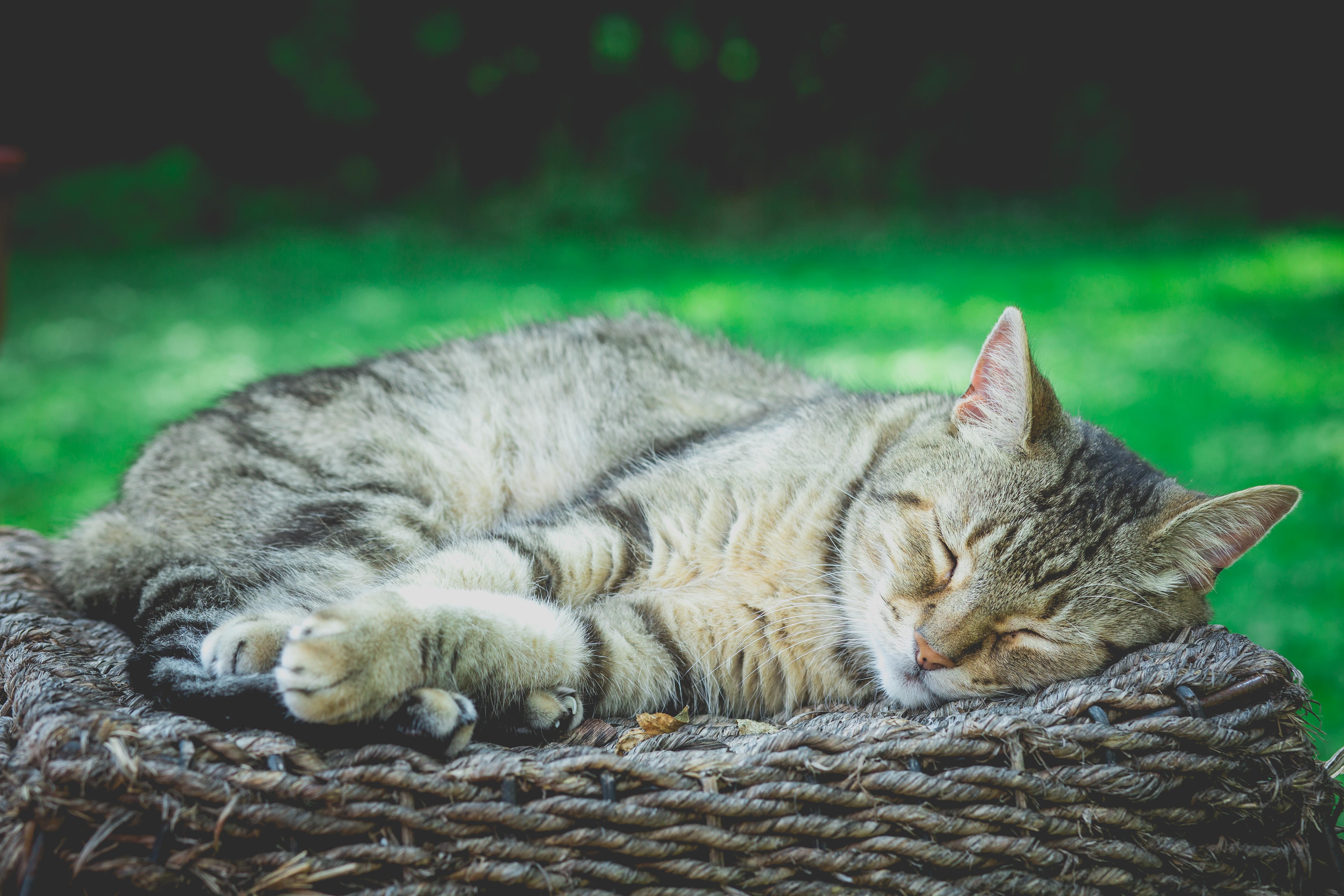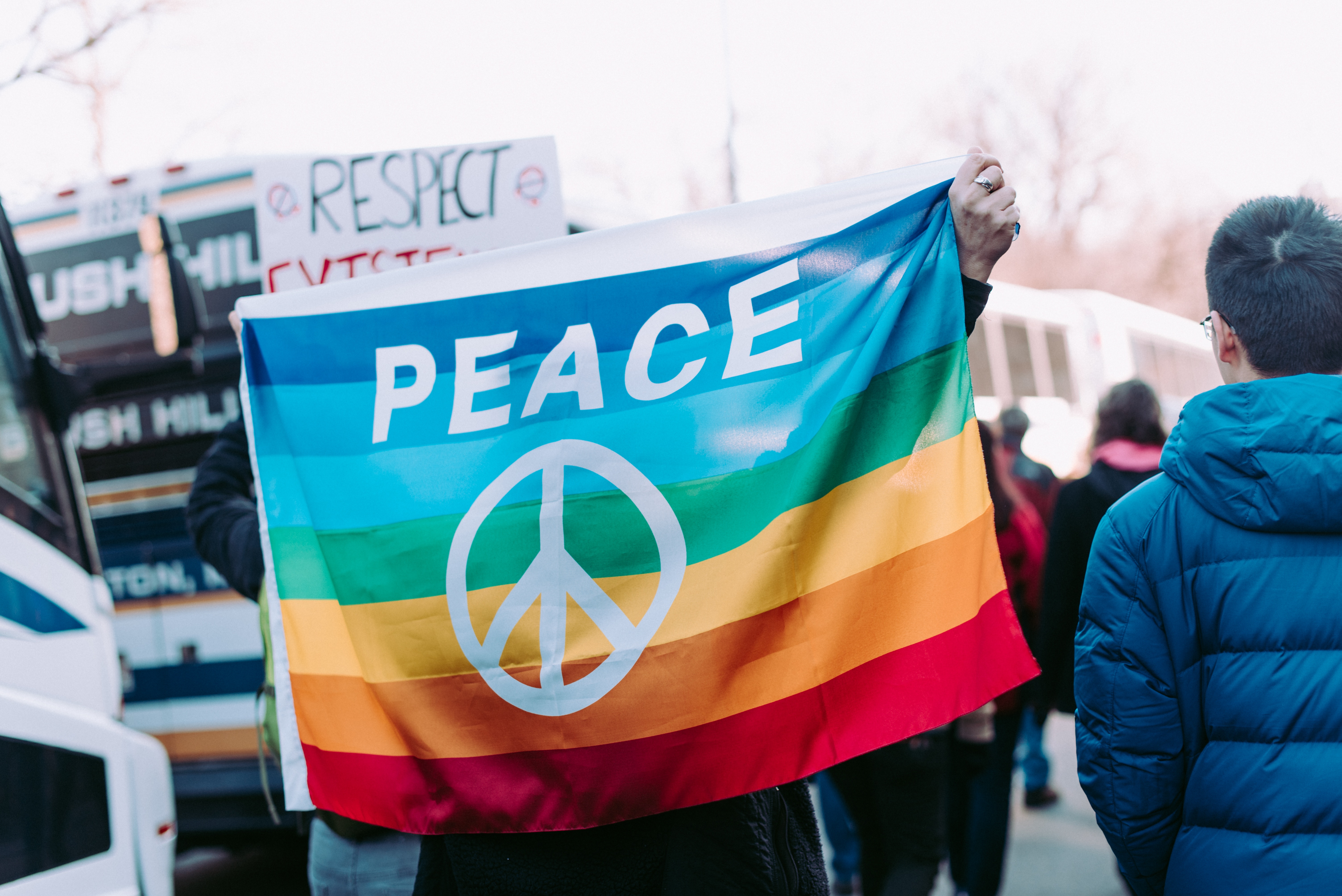10 Reasons Not to Judge an Introvert

For those who find being around other people works best for the rejuvenation of energy, it can be difficult to understand why introverts behave the way they do. Seclusion, failure to respond when making plans, or half-hearted conversation may seem rude or aloof, but there’s a lot more going on behind the scenes. Certainly not all introverts act this way, in fact, there are many misconceptions and myths about introverts and our ability to be social; however, we all do eventually reach our social limit. Here are the 10 reasons you shouldn’t judge us for it.

1. We do want to spend time with you, just not every second.
People need human interaction to create necessary links to society, promote positive mental health, and encourage beneficial lifestyle choices. As introverts and as human beings, we need to spend time with other people and, in fact, we often want to! Just because we don’t always want to go to big gatherings, party, or stay for the duration of an event, doesn’t mean we don’t enjoy your company. After a certain amount of time, we just hit the proverbial “social wall” and need to spend some quality time with a cuppa and a good book.
As an introverted twenty-something living in the States, I only get to see my Irish fiancée a few weeks a year. Even though I hardly see him without a screen separating us, I still need my space when we’re in the same place. Sometimes, we try to be alone together and call it “mutually coexisting”, but it mostly takes a separate room and some murder mysteries to get me feeling sociable again.
2. An introvert’s version of fun is still fun!
The concept of “fun” is very subjective. Some people may think that an introvert’s idea of fun is limited to books, TV, and general leisure, but there is so much more to what introverts enjoy. We don’t dislike what extroverts may find fun, we just like to limit the amount of social interaction involved. Many introverts do a lot to try to accommodate the more social people in their lives, but it shouldn’t always be our responsibility to adapt.
My idea of fun includes jiu jitsu, axe throwing, singing— all things that can be enjoyed by different personality types. An introverted friend speaks Russian, joins police for ride alongs, and hikes in the woods of Northern California. The point is, there is no single way introverts like to have fun. Every individual has their own preferences. It’s hard to generalize a whole group of people in any instance, let alone on personal taste. The only difference is that introverts tend to have a lower limit for the time spent participating in group activities.

3. Similarly, just because we’re different, doesn’t mean we can’t all have fun together!
In relationships, the mysterious “they” say opposites attract. This may or may not be true, but being opposite personality types definitely doesn’t mean you can’t get along. Friendship can be cultivated in a variety of ways. Near-constant socializing may be fun for some, while others may enjoy more one-on-one time or a relaxed TV show binge in the company of good friends. Either way, there is always an available compromise. Even with different interests and ideas of fun, if you want to be friends, do it.
While studying in London, I made a friend who is as extroverted as they come. For some reason, people found it hard to believe that we could be friends when we spent our free time so differently. I’m all for a quiet drink in a pub, but if you ask me to go clubbing, ninety-three percent of the time I’ll choose to do my own thing. My friend stayed out till the wee hours of the morning, and still, we were and continue to be great friends. Spending time together doesn’t have to be an uncomfortable situation. Tea and chats can be a great way to catch up without having to be in high-pressure situations. That being said, it’s nice to be asked to go out; you never know, we could say yes! (Just be prepared for a “thanks so much, but I think I’ll stay in tonight” reply.)
4. Even if we aren’t the most social, we can still succeed in social settings.
We generally prefer to do independent work, but we are still capable of collaborating on and discussing problems and projects. Introverts can thrive in networking scenarios, friend making, and professional life. We can maintain conversations and even enjoy them. Short-term, high-concentrated engagements with people aren’t that big of an issue, but afterwards, don’t expect us to want to do anything involving a lot of people.
I was a part of the Dean’s Student Advisory Council for the Business School at my university in my junior year of college. I had to mix and mingle with some top business executives from the regular Advisory Council, which involved quickly developing questions and answers to give to experienced and successful people. The diversity in thought and action at the meetings was thoroughly enjoyable, even for an introvert. The Dean even thought I was an extrovert, ha! After the events, I went home, put on sweats, and didn’t talk to anyone for an hour or two; but I was always fond of those days.

5. If we are being quiet, we’re not intending to be unfriendly.
Not all introverts are quiet or shy, and even the ones that are don’t choose to be that way to make you uncomfortable. Sometimes in new situations, it can be hard to process everything going on. Introverts may simply be observing and charting a path to the least uncomfortable encounter for everyone. It’s the best for everyone, really.
I can be really awkward around people. Not all the time and not all people, but occasionally I walk away from conversations regretting every moment of my existence because it was so uncomfortable and mostly my fault. I really hope I’m not the only one. In those conversations, it’s so tempting to shut down or just walk away. Some people actually do this and some are quiet until they get to know people better. This way, they’re consistently awkward. Introverts can be quiet and a little awkward, but it’s not personal and we really don’t mean to seem rude. If you ever catch me off guard in a conversation, I am very sorry for the awkwardness or silence that will follow.

6. Just because we may be quiet, doesn’t mean we aren’t good friends.
It may seem like introverts don’t care about your feelings if we don’t respond right away or if we aren’t around 24/7. Honestly, we don’t want to say the wrong thing and we’re not always comfortable with constant communication. Your feelings matter to us, but we know what it’s like to be given half-hearted advice and we want to do better. We don’t mean to be rude or unwelcoming, we’re just not always sure what to say or if you would rather complain than be given advice. The best advice I can give is to be open and communicative with the people close to you. If you want something more out of your relationships, they won’t know unless you tell them.
Before bed, our brains get a moment to slow down and process what happened during the day. In these moments, we may feel weak or in need of a friend. I have a friend who used to text me at two in the morning to express his concerns about the trajectory of his life. I would talk to him and offer whatever advice I could give. He is a very social person and people who know him might not think of him as an introvert, but he is. He prefers to have time alone, but when he is around people, he’s constantly “on”. People aren’t always as they seem; to make assumptions before you truly know someone can be detrimental to them, you, and your potential friendship.
7. Our angry resting faces don’t mean anything.
Anyone can be accused of having that resting face that makes people think they’re unfriendly. Women and introverts are generally said to have this problem more often. Beyond a sometimes quiet demeanor, it may seem that our resting faces are a personal reflection on you or the conversation we may be having. Ninety percent of the time, that’s probably not the case. We could be contemplating the meaning of life or simply thinking about dinner, but our faces aren’t like that because we dislike you. We’re not trying to be rude, it’s really just how our faces look.
The other day, my roommate made a funny joke and I laughed. This scenario seems logical, but my roommate was surprised to see me emote. I hadn’t noticed it to the extreme it had reached, but apparently my face is so often in this resting state, no one knows how I’m feeling about anything and making me laugh is a challenge among my friends.
8. Just because we’re quiet on the outside, doesn’t mean we’re quiet on the inside.
An introvert may not be the loudest person in a group, but don’t confuse not saying much with a lack of opinions or feelings. You may think we seem cold or unimaginative, you may even think we need guidance and direction because we can’t make up our minds. I promise, we’re really okay and we have plenty of feelings that we just may not show. Whether it’s a random thought or a string of expletives we don’t want to say out loud, introverts generally prefer relevant conversation to mundane and unnecessary small talk. We appreciate your friendship and insightful discussions, but please don’t try to push us around. We may or may not say something to you about it, but we’ll definitely be saying a lot in our heads.
While the point still stands that introverts and extroverts can be friends if they want to be, there is something to be said for the barrier in comprehension between people with different personalities. A friend of mine had a tendency to treat me like a child, despite my being a responsible adult. I didn’t defend myself enough, a combination of introversion and social anxiety, but it was a tense friendship. It’s hard to be seen and treated like someone you’re not, just because you aren’t necessarily the life of the party or especially aggressive.
9. We don’t think we’re better than extroverts or ambiverts.
The main difference between all of us is how we regain our energy. We don’t mind if you’re more social, less social, or prefer sitting in a room full of plants rather than seeing a human being. If you’re a good person, it doesn’t matter how social you are, so long as you accept that some of us can’t be around people all of the time. We don’t think that we’re smarter or more insightful because we like alone time. We’re all individuals with different strengths. Maybe one introvert you know is especially observant and another seems clueless about how thing work in the world. Being introverted doesn’t make us better or worse than anyone else.
In undergrad, my closest friends were the ones that lived around me in my freshman year. The girl across the hall became my best friend and we crossed the Atlantic to study together in Ireland. I got an apartment with the rest of them senior year; basically it was convenient yet lasting friendship. Most of the group is comprised of introverts, but we have an extrovert or two. When they go out, I don’t sit in my room thinking I’m superior. Sure, I get to wear sweat pants and they don’t, so I feel like a winner, but not better. I have fun my way and they have fun their way. We should be happy other people are happy. Take the small victories in life.
10. We are all just people, trying to navigate life one day at a time.
Whether you identify as an introvert, an extrovert, or an ambivert, we all want to do our best personally, socially, and professionally. We may go about it in different ways, but we all have the same end goals: happiness, success, and connection. Don’t judge an introvert for being an introvert, that isn’t a healthy attitude to have in life. Similarly, we shouldn’t judge extraverts or ambiverts. We all need to learn to accept people for who they are, not the labels that describe them.
No one really knows what’s going to happen next. Even adults who seem to have their lives together are just making it up as they go along. I am an introvert, but that’s just one component of who I am. I’m a student, I’m a world traveler, I’m a poet, and I’m not going to let personality types affect how I live my life. Are you?
Do you agree? What are your experiences as an introvert or as someone interacting with introverts? Leave a comment below!









Responses